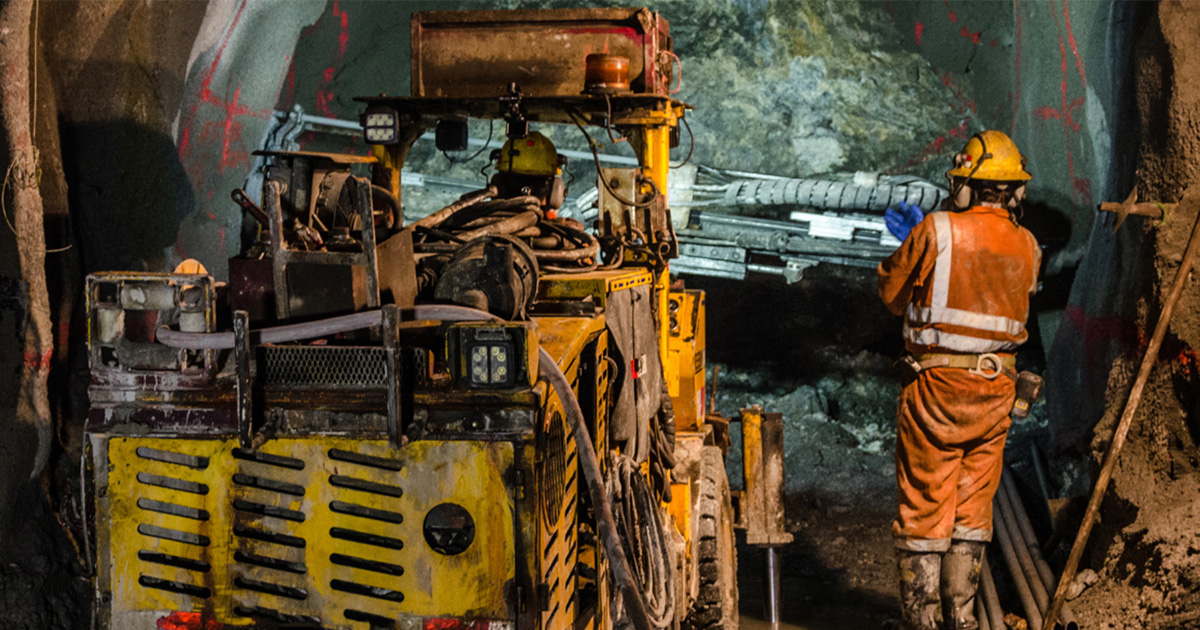Excited By the Potential Of Artificial Intelligence And Machine Learning? Read This First

Technological advances mean that computers have the potential to understand our equipment better than we do. We increasingly rely on complex algorithms and artificial intelligence to control industrial equipment and predict and prevent its failure. But, leaving computers to run our plants is potentially dangerous.
Melinda Hodkiewicz, Professor at the School of Engineering and Mechanical Engineering at the University of Western Australia, recently presented at Mainstream OnAir 2021. She outlined the limitations and risks associated with predictive analytics and laid out a path for effectively managing those risks. Here’s a summary of her session, The Ghost in the Machine – Are we heading for a predictive analytics driven disaster?
What Is the Success Rates Of Maintenance Transformations?
“The truth is that 70 percent of all maintenance transformation fail,” says Hodkiewicz in a blunt wake-up call based on 2020 data by McKinsey. She outlines the factors that commonly lead to failure:
- Organisations trapped in a cycle of endless, small scale piloting and experimentation
- Corporate systems not being ready for complex solutions capable of predicting solutions before they happen
- Doomed initiatives that leave battle scars on the leaders that nurtured them
- Many sectors are still not well able to implement more basic preventative maintenance.
What AI Is – And Isn’t - Suited To
“Artificial intelligence (AI) is best when applied to truly repetitive processes,” says Hodkiewicz.One example of this is fault detection in fleet management, where identical equipment operates in similar conditions and faults are likely to repeat themselves. Other ideal applications are natural language processing and reporting, including dashboard reports.“It’s best to start with something that you have in large numbers and have similar features,” she says. “Things like pipes, pumps and heavy mobile equipment, like trucks and excavators.”All too often, Hodkiewicz sees people trying to use AI to predict things it is not well suited to. “Lots of effort and excitement is expended, only to discover the effort has been wasted.”This can be to the extent that effective older-school methods are being unnecessarily abandoned.
A ‘no’ answer to any of the following questions indicates that AI is not recommended:
- Are there many of the events we want to predict?
- Are there many failures?
- Are all the failures the same?
- Are the field conditions always the same?“
To put it simply, AI is not good at predicting rare events,” Hodkiewicz says.
The Illusion of Unbiased Algorithms
A ‘ground truth’ is an event that can be measured through empirical evidence rather than inference.“In maintenance, like in medicine, we don’t want things to get dysfunctional so we don’t allow things to fail,” says Hodkiewicz. “This creates a problem for machine based learning, which needs a ground truth to train against.”A research project run by Griffiths et al in 2020 demonstrated this. Comparing hydraulic faults with maintenance work orders for hydraulic system repairs, the researchers found little correlation between the two.
How To Treat The Introduction Of Machine Learning As More Than A Project
Introducing any element of machine learning is more than a simple project. “It’s even more than a lifecycle change; it’s a whole lifestyle change,” says Hodkiewicz.More thought needs to be put in at the planning and business case end, considering the technical feasibility and suitability of AI versus other techniques.And, at an even bigger picture level, you need to be sure that what you are doing is aligned with your business strategy, your governance model and your security and compliance structures.“There is a constant cycle of data gathering, checking, modelling, creation, planning, verifying, packaging, releasing, configuring, monitoring, then back to planning,” says Hodkiewicz. “Even once you’ve built a model and deployed it into operation, it needs to be tested and validated routinely in a structured way, including under a variety of operating conditions and loads.”
Why Humans Need to Be Retained in Decision Making
We can’t put blind faith in algorithms to solve our problems. After all, it won’t be the computer who gets sacked or carries responsibility for plant performance.Humans need to be firmly in the loop.Another key issue identified by Hodkiewicz is trust.“Trust in the data analytics group is essential,” explains Hodkiewicz. “This trust is hard to gain and very easy to lose. You need to have strong confidence that detected anomalies are genuine, or people will lose trust.”
What Does This All Mean for Asset and Maintenance Managers?
Maintenance managers work in a cycle of identify – plan – schedule – execute – complete – analyse – identify. “A good question to ask is how AI can add value within the ‘identify’ stage,” says Hodkiewicz.Overall, Professor Hodkiewicz believes we are starting to see modification of unrealistic hopes for AI and machine learning and encourages everyone to be part of that process. “It’s up to asset and maintenance managers to ask difficult questions of the technologists and senior leaders,” she says.Hodkiewicz points to the organisational implications of new technology being introduced “Implementation of AI involves real cultural and organisational shifts,” she says. “This needs to be recognised and managed.”Hodkiewicz agrees with session chair, Sandy Dunn, when he concludes: “All this will help ensure that, if there is a ghost in your machine, it will be less likely to be Freddy Krueger and much more like Casper the Friendly Ghost!”
Tagged:
Further Reading
31 Best Practice Maintenance Management Tips
When Life Hands you a Pandemic: How to Turn Chaos into Change
Precision Maintenance for Maintenance & Reliability Leaders













